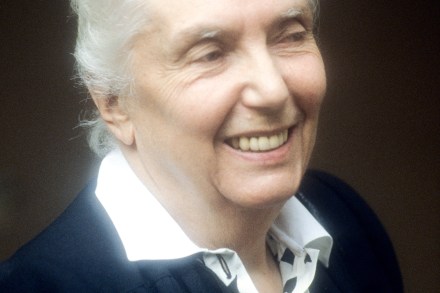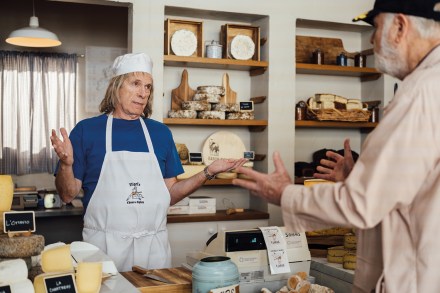My husband first and last – by Lalla Romano
More from BooksIn 1984 Innocenzo Monti died after a short illness. He and the writer Lalla Romano had been married since 1932 and had met in the late 1920s in her native Piedmont. Romano – a poet, painter and the author of 19 novels – wrote the story of their life together in her 1987 book Nei






























